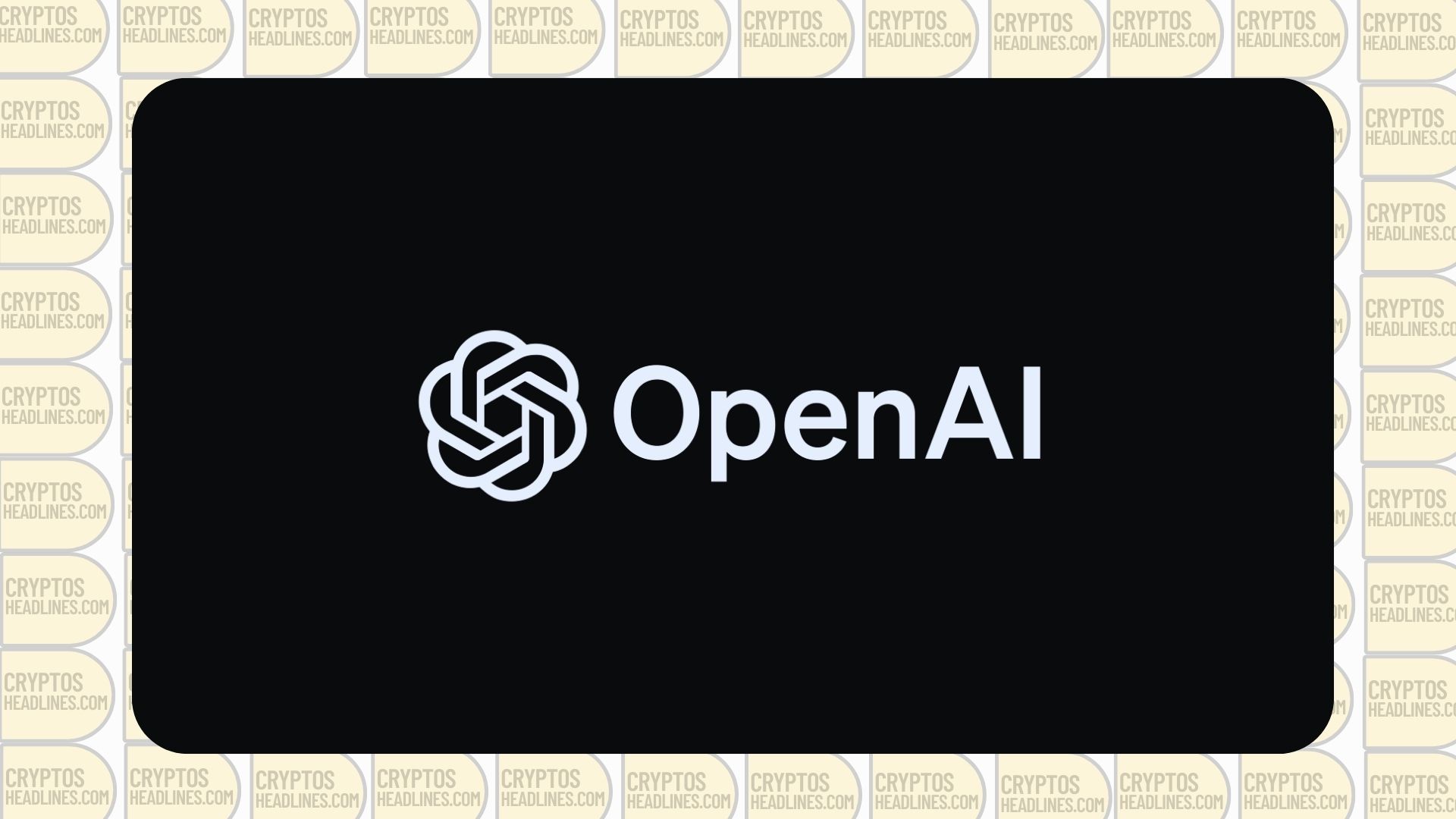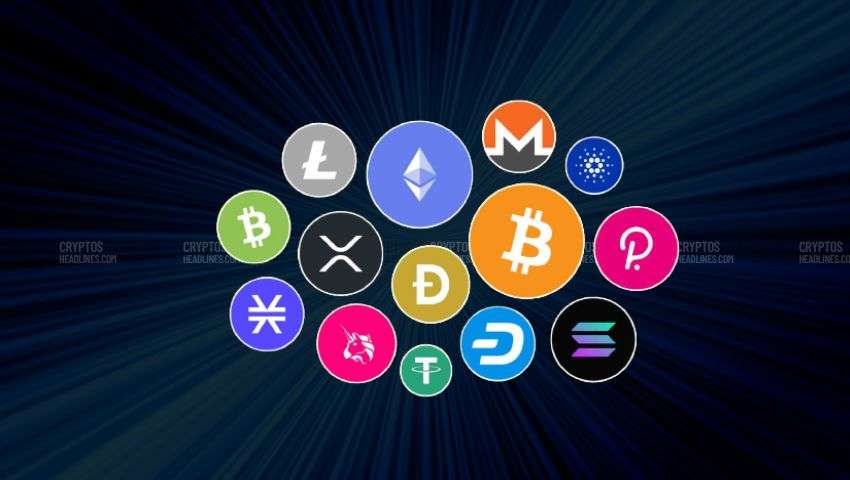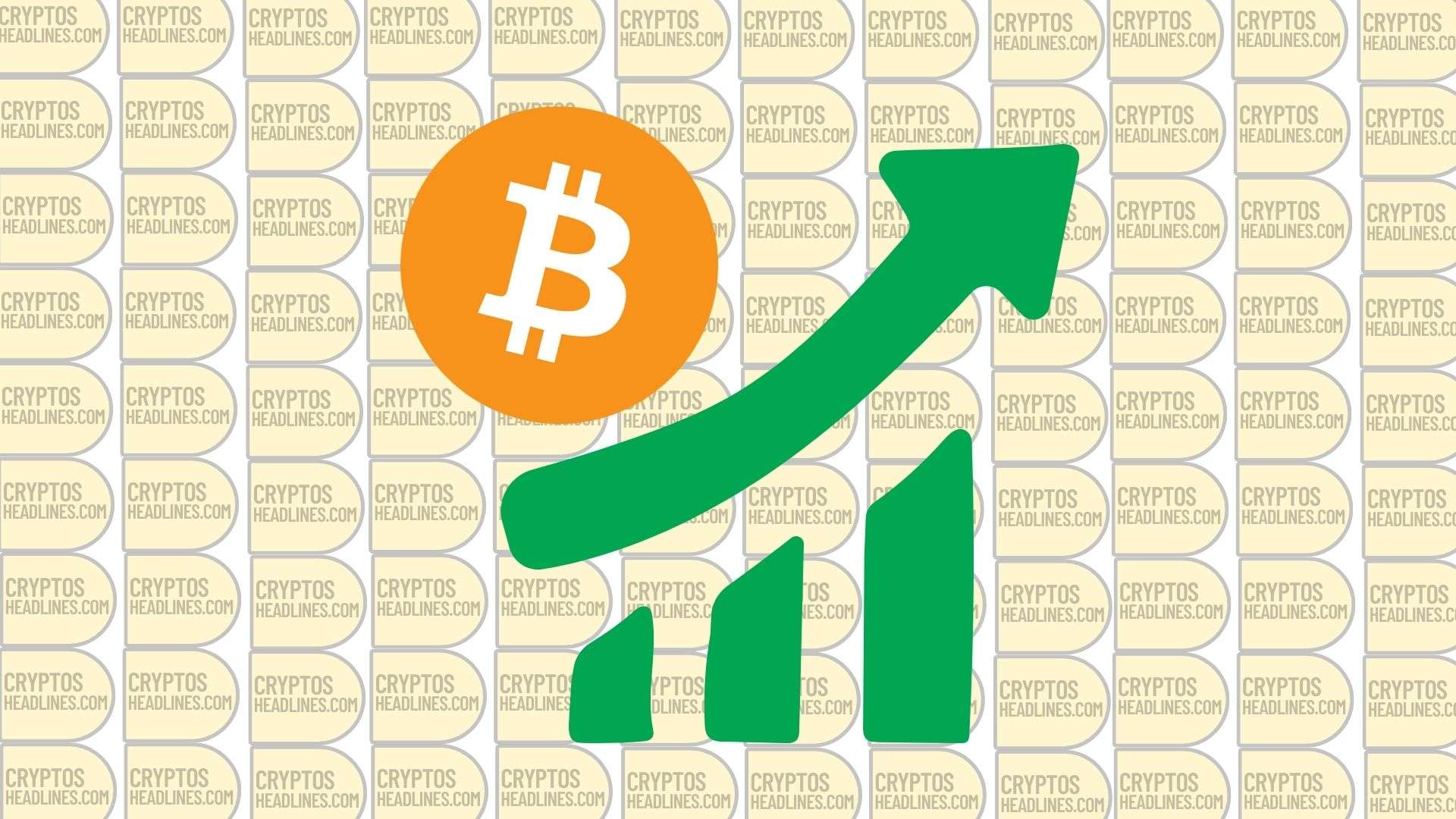ChatGPT had to share its data processing practices and take measures to restrict access based on age to comply with legal requirements in Italy, which allowed it to resume its operations there after a previous ban.
ChatGPT, a famous interactive AI chatbot, can now resume its services in Italy after fulfilling the privacy requirements and regulations outlined by Garante, the region’s data protection agency.
ChatGPT, an interactive AI chatbot created by OpenAI, was temporarily banned in Italy on March 31 due to suspicions of violating the European Union’s GDPR.
OpenAI CEO Sam Altman announced that ChatGPT is available again in Italy after the company took steps to comply with the Italian regulator’s requirements for transparency, but did not reveal what those steps were. This announcement was made 29 days after the AI chatbot was temporarily banned in Italy for allegedly violating the European Union’s General Data Protection Regulation (GDPR).
we’re excited chatgpt is available in 🇮🇹 again!
— Sam Altman (@sama) April 28, 2023
The Italian regulator banned ChatGPT because they suspected the AI chatbot broke the rules of the GDPR. After the ban, ChatGPT had to make some changes to their data processing and age-gating practices. The ban happened after ChatGPT had a data breach in March.
We took ChatGPT offline Monday to fix a bug in an open source library that allowed some users to see titles from other users’ chat history. Our investigation has also found that 1.2% of ChatGPT Plus users might have had personal data revealed to another user. 1/2
— OpenAI (@OpenAI) March 24, 2023
At first, people thought that the sudden ban of ChatGPT might lead to stricter rules for AI. But, ChatGPT quickly followed the local government’s requirements, which was seen as a good thing by users all over the world.
Lawmakers in the European Union are creating a new law to monitor the rapid growth of artificial intelligence.
As reported earlier, European Union lawmakers are drafting a new law to monitor AI development. The law aims to categorize AI tools based on their perceived risk levels ranging from minimal to unacceptable. High-risk tools will not be banned but will face stricter transparency requirements under the proposed law.
If the proposed law is approved, AI tools like ChatGPT and Midjourney will have to reveal if they have used copyrighted materials during their AI training.













